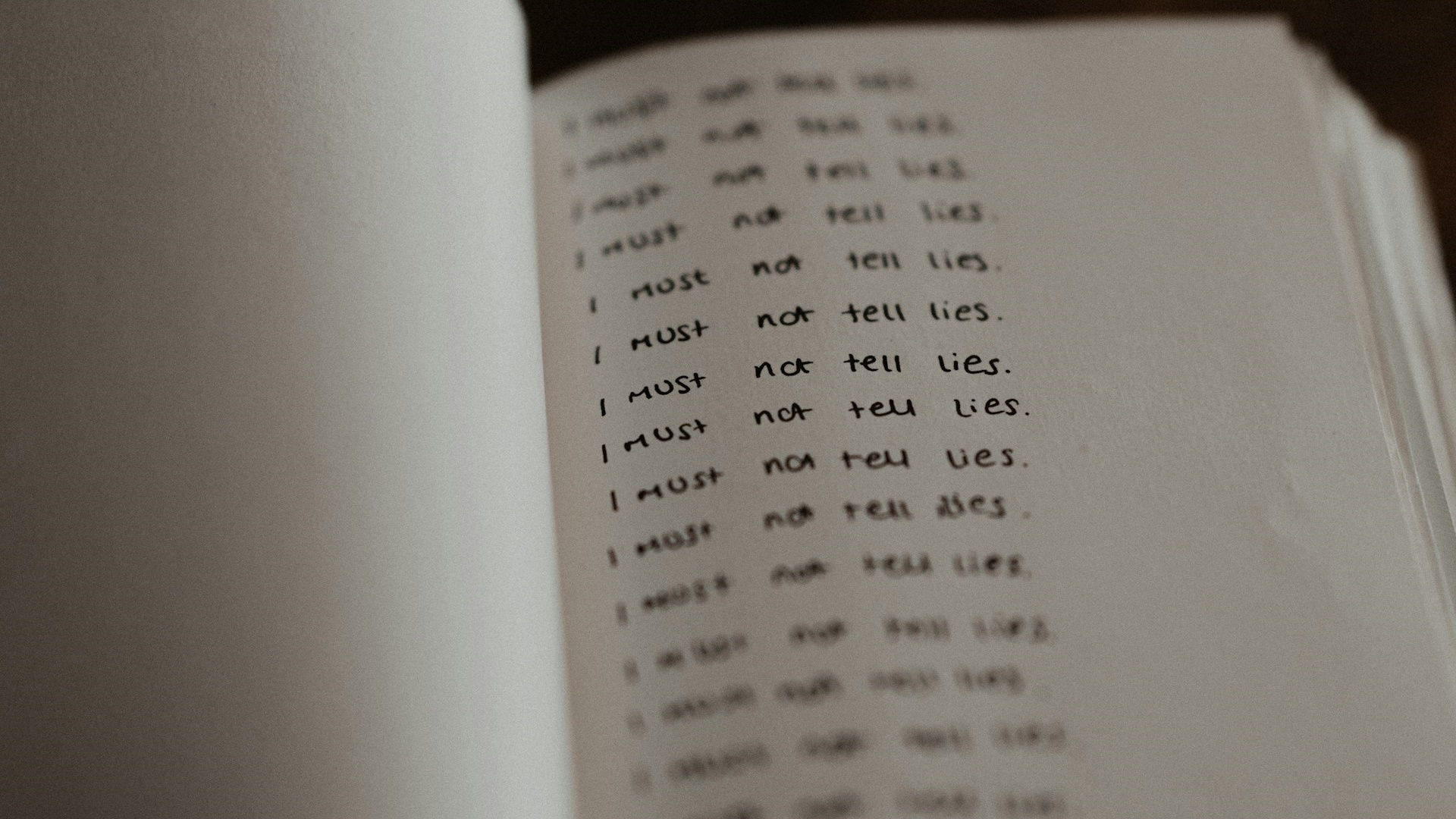- Ahead of the 2024 General Elections the Film and Publication Board is taking a hardline against those spreading misinformation.
- Now, spreading propaganda for war, incitement to violence or advocating hate speech through any medium could earn you a fine or a prison sentence.
- ISPs, social media platforms and others will have a duty to prevent misinformation and disinformation from spreading on their platforms.
The oft-controversial Film and Publication Board has made amendments to the Films and Publications Act that will make the spread of misinformation and disinformation a prohibited activity both ahead of and during the elections later this year.
“In its Global Risk Report 2024, the World Economic Forum (WEF), has identified Misinformation and disinformation as the most emerging severe global risk anticipated over the next two years, to further widen societal and political divides. Not only does this underline the severity of misinformation and
disinformation as a risk to the election process, the timeframes predicted confirms its imminence, and therefore it is an existential threat. As South Africa join [sic] other 70 odd countries conducting their national elections in 2024, it is important that regulatory measures are put in place to ensure that
the democratic will of the people is not undermined by acts of misinformation and disinformation,” chief executive officer of the Film and Publication Board, Dr Mashilo Boloka wrote.
The prohibitions proposed fall in-line with two sections of the Films and Publications Act, namely Section 18H and Section 27A.
The former of that pair prohibits any South African from spreading propaganda for war, incitement to violence or advocating hate speech through any medium including the internet, social media, film, games or publications. Section 27A meanwhile outlines the responsibilities of internet service providers.
The amendments propose an expansion of the rules in 18H. This includes holding individuals liable for distributing “through any medium including the internet and social media, any film, game or publication which amounts to propaganda for war, incites imminent violence or advocates hate speech”. Here individuals could face a fine of up to R150 000 or up to two years in prison.
This will of course be contingent on a judgement being made against the individual.
As regards misinformation and disinformation directly, the FPB is proposing that ISPs and platform operators do more to prevent misinformation from spreading through their platforms. The FPB may require that ISPs report instances of propaganda for war, incitement of imminent violence or advocating hatred based on an identifiable group characteristic and that constitutes incitement to cause harm if discovered on their platform.
The ISP will then have to take action against the person or persons spreading the above content as well as misinformation or disinformation. In addition, ISPs will have to prevent access to the offending content. This will be of particular importance both before and during the 2024 General elections.
But ISPs aren’t the only ones who need to take action.
“Internet Service Providers, user-to-user services including Social Media and Video Sharing platforms and search engines have a responsibility ahead of and during the 2024 National and Provincial Elections to
ensure that their platforms are not used for propaganda for war; incitement of imminent violence and advocacy of hatred that is based on identifiable group characteristics, and that constitutes incitement to
cause harm in terms of section 18H of the Act. It is therefore expected that sufficient measures should be made available to ensure compliance with the provisions of section 18H of the Act,” the FPB wrote.
These platforms will also have to outline to the FPB what measures they have in place to prevent misinformation, disinformation and other harmful content from being spread online. These platforms have until 22nd April to submit their responses.
While platforms such as Real 411 allow South Africans to report misinformation and disinformation, there is no real consequence for those who spread that sort of content. These amendments may have folks think twice before spreading rubbish as there is now a tangible fine/prison sentence linked to the practice. However, the FPB will need to prosecute and fine individuals to show that it’s not messing about. Until that happens, we’re doubtful that this will have any real effect on grifters and the rubbish they sell to their viewers.
[Image – Annie Spratt on Unsplash]

